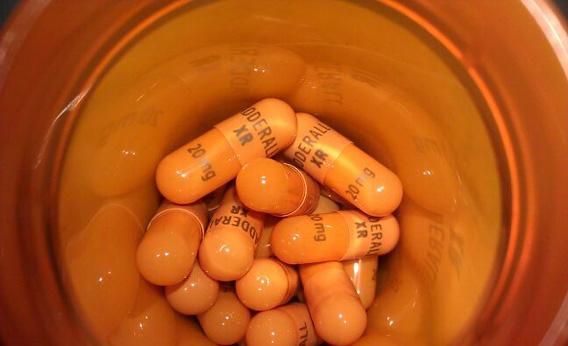Is My Loved One Addicted to Stimulants?

Addiction is progressive, and if you believe your loved one has a problem it is important to get help as soon as possible.
You suspect something isn’t right. You notice a change in their appearance and behavior however you hate to think the worst. At first, you may even deny that there is really something wrong. How will you know if your loved one is addicted to stimulants? Typically abuse or addiction of any drug begins as something very casual and occasional. For some people, enjoying the outcome of the drug becomes a habit; again they may still only be doing it socially or on occasion.
After a period of time that use and enjoying that feeling becomes more and more habitual. As it does, that person develops a tolerance to the stimulant and needs more and more to get that feeling they so desire. As they crave more and more, they begin to feel the effects of what happens when they don’t have it in their system and with some, it even gets to the point of being physically ill when they don’t have it.
What are stimulants?
Stimulants, more commonly referred to as “uppers”, involves several categories of drugs that have a tendency to increase a person’s alertness, increase their blood pressure, heart and respiration rates. It also makes a person feel like they have more energy therefore increasing their physical activity levels. Some common types of stimulants would be amphetamines, cocaine and caffeine.
What types of behavior should you look for?
- A need to use the drug consistently
- Increased energy or alertness
- Financial difficulties, spending more than they can afford to get the drug
- Sense of anxiousness or even paranoia
- Reckless behavior such as stealing and crimes related to obtaining the drug
- Change in their circle of friends
- Withdrawing from social activities that they used to enjoy
- Spending more time alone or seemingly depressed
According to a study done by the Substance Abuse and Mental Health Services Administration there were an estimated 23 percent of young people who used stimulants illicitly in 2008 and then experienced a period of major depression. As time goes by these statistics have only increased.
Long Term Effects
Over time and continued use the effects can be more dangerous and affect their health. Long-term effects of the abuse of stimulants include but are not limited to:
- Hallucinations – seeing and hearing things that aren’t really there
- Delusions – irrational thoughts, which lead to irrational behavior
- Paranoia – sense that people are always against you or out to get you
If any of these signs and symptoms sounds familiar to you, you should seek help for your loved one. Getting them to admit they have a problem is the first and most important step. You should also reach out for support for yourself as well to get through this difficult time.



